Travelers’ Safety: Handling A Hurricane In A Foreign Country
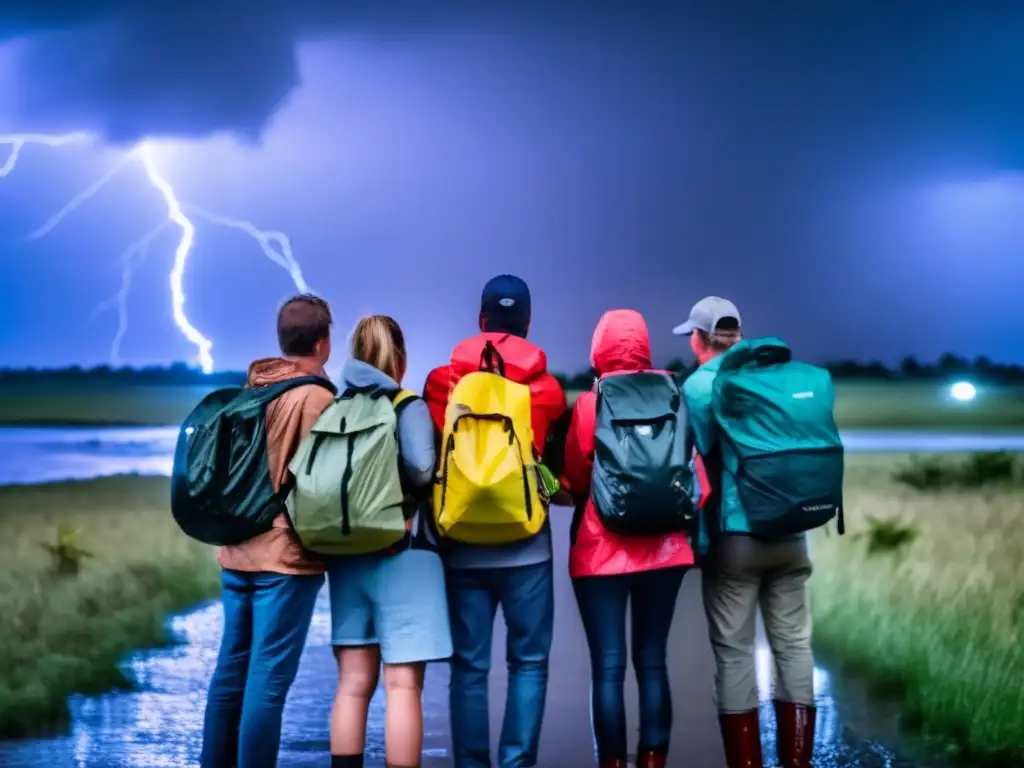
Travelers’ Safety: Handling a Hurricane in a Foreign Country
Introduction
Traveling to foreign countries can be exciting and adventurous, yet it can pose unexpected risks, especially when natural disasters such as hurricanes occur. Hurricanes are among the most destructive natural disasters on earth, and their impact on countries where they strike can be catastrophic. As a traveler, it is crucial to prepare before traveling to a foreign country during hurricane season. This article aims to provide basic knowledge about hurricanes and tips for travelers to stay safe during a hurricane in a foreign country.
The Basics of Hurricanes
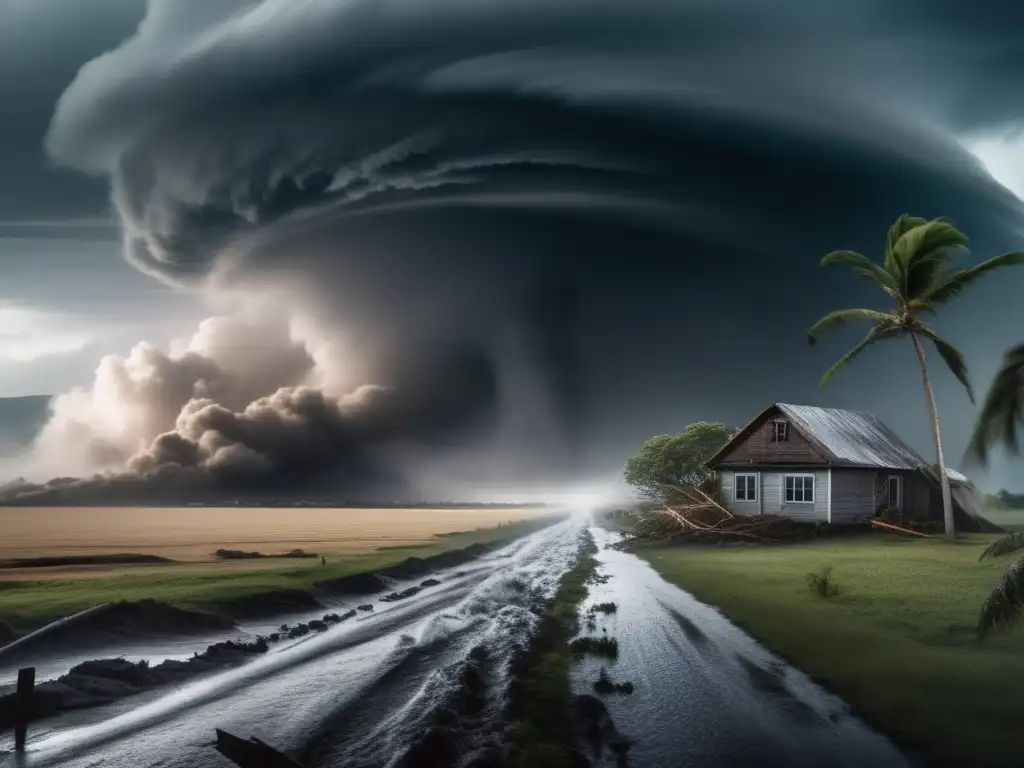
What is a Hurricane?
A hurricane is a tropical cyclone that forms over the ocean and has sustained winds of at least 74 mph. Hurricanes rotate counterclockwise in the Northern Hemisphere and clockwise in the Southern Hemisphere. They are classified into five categories based on wind speed, with Category 5 being the strongest.
When and Where Do Hurricanes Occur?
Hurricane season lasts from June through November in the Atlantic Ocean and from November through April in the Pacific Ocean. The Caribbean, Gulf of Mexico, and Southeastern United States are the areas most affected by hurricanes in the Atlantic region. In the Pacific region, hurricanes mainly affect Central America, Mexico, and the Western coast of the United States.
How Can You Stay Safe During a Hurricane?
The best way to stay safe during a hurricane is to evacuate if authorities recommend doing so. If evacuation is not possible, shelter in a sturdy building, away from windows, and follow instructions from local authorities. Always have an emergency kit that includes food, water, and other essential items. Listen to weather reports and stay updated on the status of the hurricane.
Preparation for Travelers
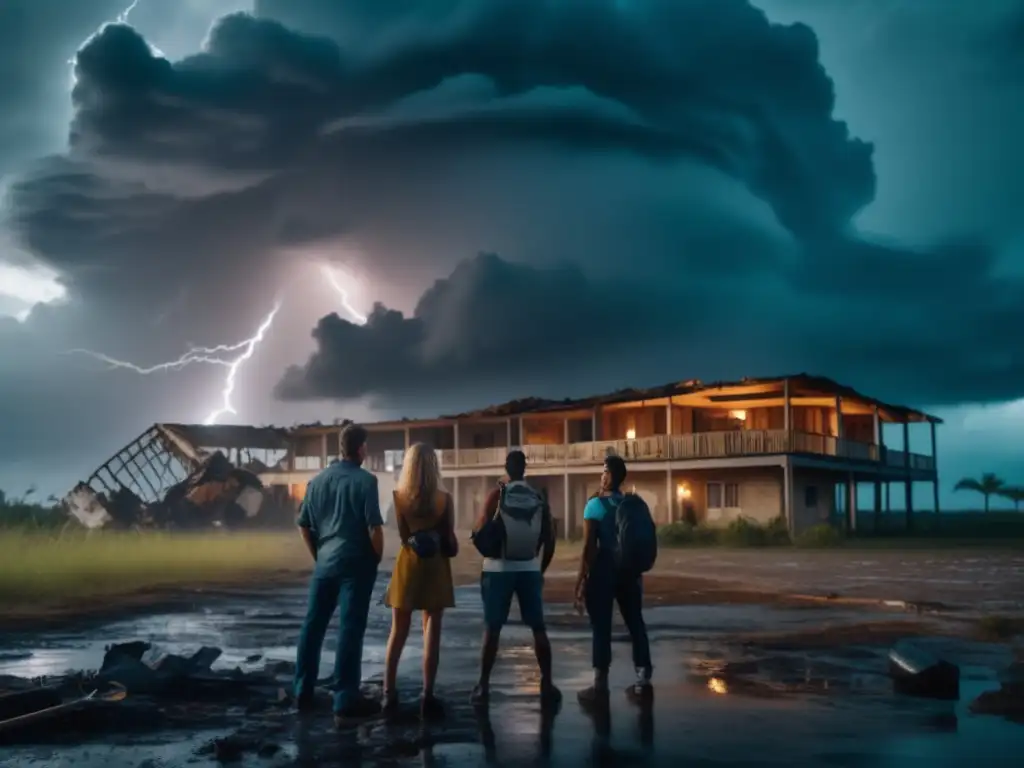
Check the Weather Forecast Before Traveling
Before traveling to a foreign country, make sure to check the weather forecast and plan accordingly. If a hurricane is predicted to hit, it might be best to postpone your trip or choose an alternative destination.
Know the Emergency Procedures in the Country You Are Visiting
Each country has its own emergency procedures that travelers need to know. Research the country you are visiting before leaving and look for information on how to stay safe during a hurricane. Keep important phone numbers handy, including embassy or consulate numbers, emergency services hotlines, and local meteorological offices.
Pack an Emergency Kit with You
Don't forget to pack an emergency kit when you're traveling to a foreign country during hurricane season. An emergency kit should have enough supplies to last at least three days, including non-perishable food, water, cash, a flashlight, a first aid kit, extra batteries, and a whistle. It's also essential to keep your passport and other important documents in a waterproof bag.
Safety During a Hurricane
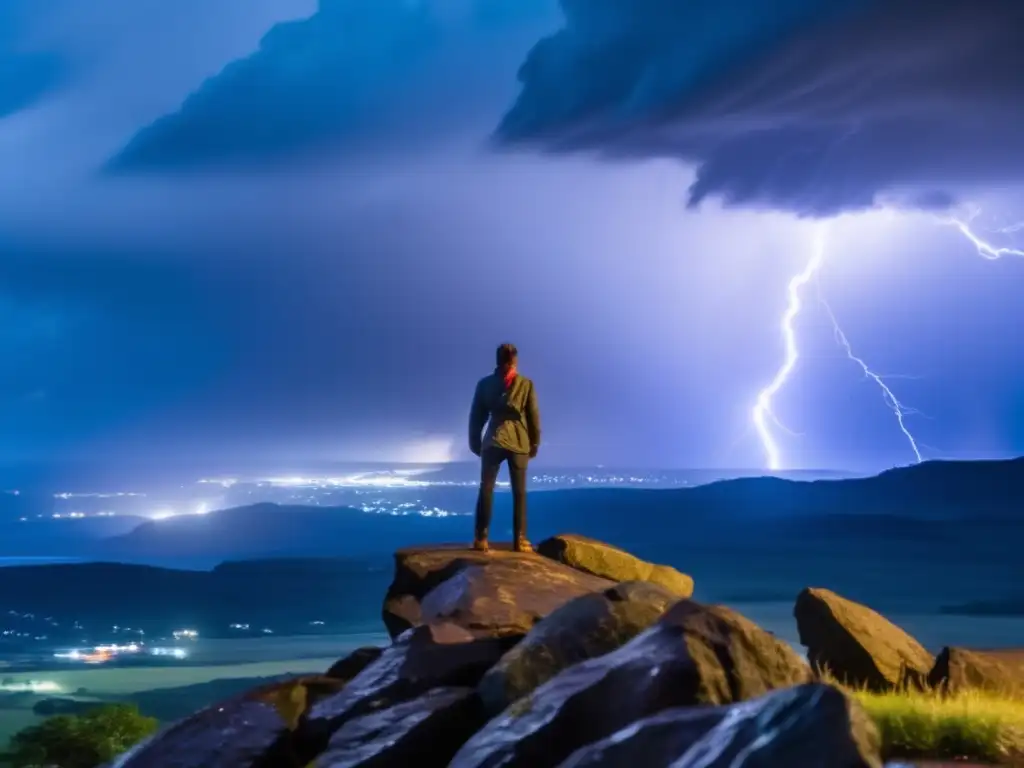
If you are staying in the country during a hurricane, make sure to follow the instructions of the local authorities. They will provide information on evacuation routes, shelter locations, and safety concerns. If instructed to evacuate, do so quickly and calmly.
Stay Indoors and Away from Windows
During a hurricane, stay indoors, away from windows and doors. Seek shelter in a small interior room, closet, or bathroom, preferably without windows. Stay away from large rooms, hallways, and areas with a lot of windows, as they are more susceptible to damage.
Do Not Use Elevators
During a hurricane, do not use elevators as there is a risk of getting trapped if the power goes out or if flooding occurs. Instead, use stairs to get to a safe location.
Stay Calm and Monitor Weather Reports
It's easy to panic during a hurricane, but it's essential to stay calm and monitor weather reports. Keep your emergency kit handy and be prepared for power outages. Listen to updates from local authorities and follow their instructions.
Post-Hurricane Recovery
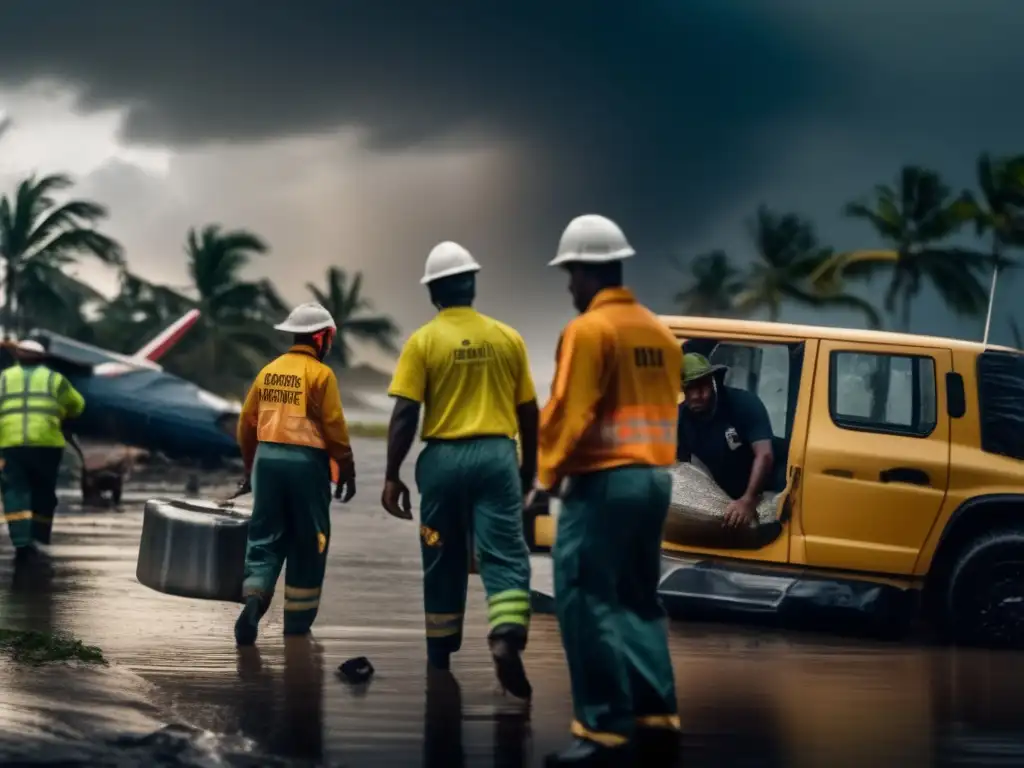
Assess the Damage and Take Safety Precautions
After a hurricane, assess the damage to your surroundings and take safety precautions. Be cautious of debris, fallen power lines, and dangerous wildlife that may have been displaced by the storm. Do not drink or use tap water until local authorities say it is safe to do so.
Contact Your Embassy or Consulate for Assistance
If you need assistance after a hurricane, contact your embassy or consulate. They can help with emergency services and provide information on resources available to travelers in the affected area.
Contact Your Travel Insurance Provider
If you have travel insurance, contact your provider and report any losses or damages caused by the hurricane. They can assist in filing claims and provide coverage for any necessary medical expenses or evacuation costs.
Frequently Asked Questions

-
What should I do if my flight is delayed due to a hurricane?
If your flight is delayed due to a hurricane, stay in contact with the airline and follow their instructions. Check with your hotel or accommodation to see if they can extend your reservations. If you need to find a new place to stay, check with local authorities for shelter locations.
-
Can I travel during a hurricane?
It is not recommended to travel during a hurricane. If possible, postpone your travel plans until it is safe to do so.
-
What should I do if I am in a foreign country during a hurricane and do not speak the language?
Have emergency phrases translated into the local language before traveling and keep them handy. Contact your embassy or consulate for assistance in communicating with local authorities.
-
What should I pack in my emergency kit?
Your emergency kit should include non-perishable food, water, cash, a flashlight, a first aid kit, extra batteries, and a whistle. It's also essential to keep your passport and other important documents in a waterproof bag.
-
Is travel insurance useful during a hurricane?
Yes, travel insurance can provide coverage for any necessary medical expenses or evacuation costs. Contact your provider and report any losses or damages caused by the hurricane to file claims.
Conclusion
Traveling to a foreign country during hurricane season can be risky, but preparation and knowledge can help keep you safe. Travelers should always check the weather forecast, know emergency procedures, pack an emergency kit, follow instructions of local authorities, stay calm during a hurricane, and assess damage and take safety precautions after the hurricane. Remember to contact your embassy or consulate and travel insurance provider for assistance if needed. Stay safe, stay informed, and enjoy your travels.
Additional Resources

- CDC Hurricane Preparedness
- U.S. Department of State Hurricane Preparedness
- National Hurricane Center
 Staying Afloat: Tips For Swimmers During A Hurricane
Staying Afloat: Tips For Swimmers During A Hurricane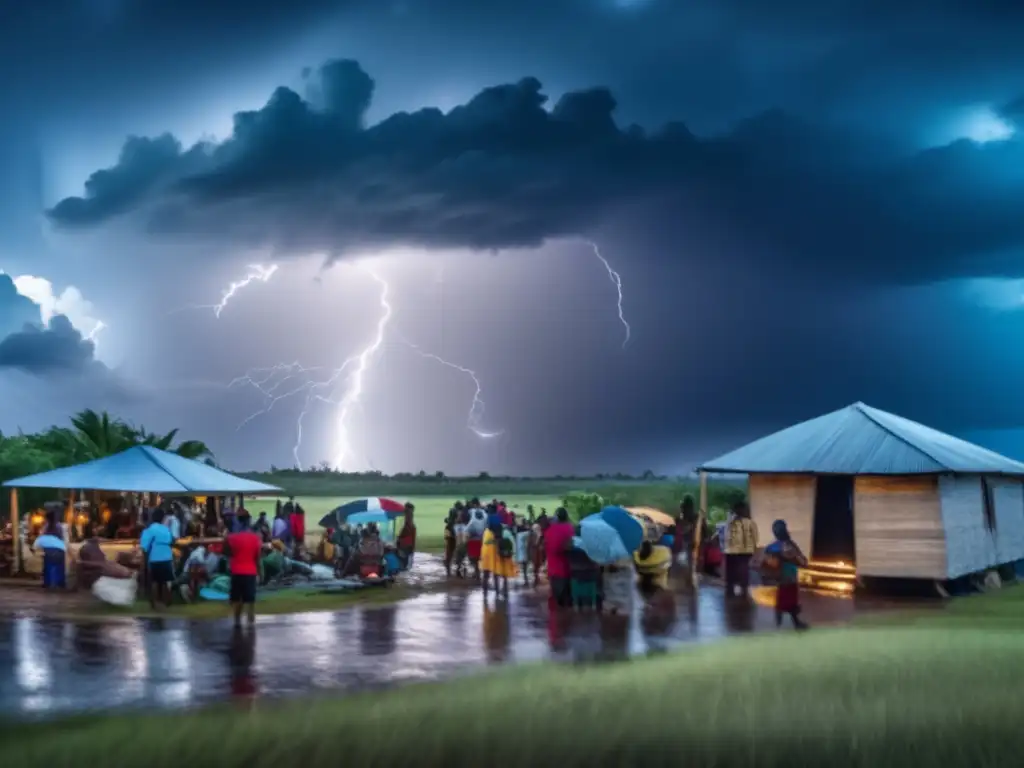 Preserving Cultural Heritage During Hurricanes
Preserving Cultural Heritage During Hurricanes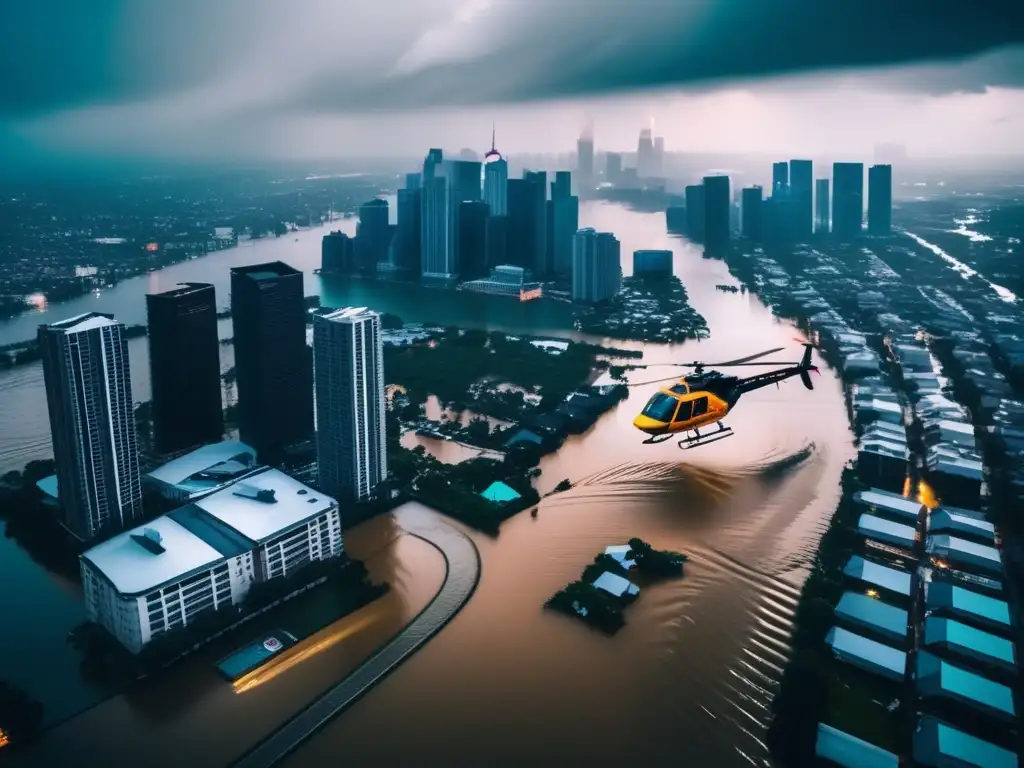 Rooftop Rescues: What To Know During Extreme Flooding
Rooftop Rescues: What To Know During Extreme FloodingIf you want to discover more articles similar to Travelers’ Safety: Handling A Hurricane In A Foreign Country, you can visit the During the hurricane: category.
Leave a Reply

Articulos relacionados: